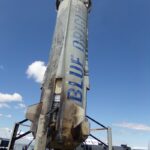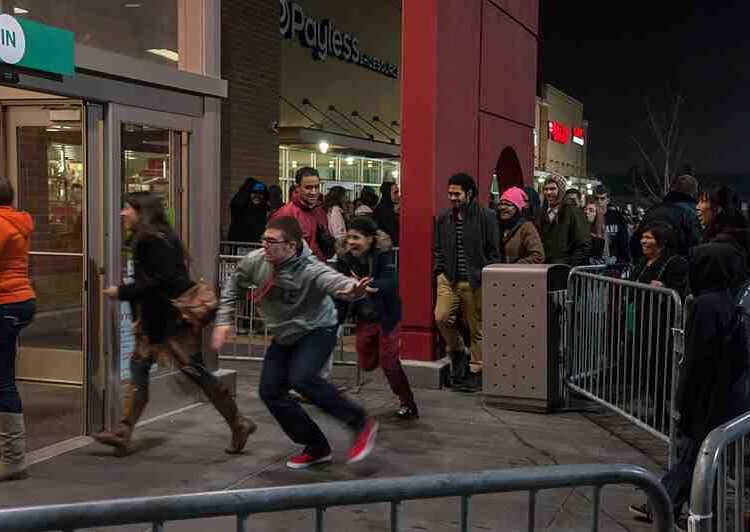New Study Reveals Billions Spent on Share Repurchases Instead of Employee Benefits
- Low-Wage 100 companies spent $522 billion on share buybacks from 2019 to 2023.
- Lowe’s spent $42.6 billion on buybacks, enough for a five-year bonus for each worker.
- Home Depot spent $37.2 billion on buybacks, enough for five annual bonuses for its workers.
- 47 of the Low-Wage 100 prioritized buybacks over capital improvements.
- AutoZone had a 92x bigger spend on buybacks than retirement benefits.
- Chipotle spent 48x more on buybacks than 401(k) plans.
- Average CEO/worker pay ratio improved but remains at 538-to-1.
- Ross Stores had the lowest median wage and widest pay gap.
- Nike’s CEO earned 975x more than its median worker.
- Three policy reforms gaining traction: taxing/restricting buybacks, higher taxes on excessive pay gaps, discouraging federal contracts for wide pay gaps.
A recent study found that the 100 S&P 500 companies with the lowest median pay spent $522 billion on share buybacks from 2019 to 2023. Lowe’s led the pack, followed by Home Depot. These companies often prioritized buybacks over capital improvements and retirement contributions. Policymakers are considering taxing or restricting buybacks and imposing higher taxes on excessive CEO pay gaps.
Factuality Level: 8
Factuality Justification: The article provides accurate information about the spending habits of top U.S. companies with low-paid workers, citing a study from the Institute for Policy Studies as its source. It discusses the issue of CEO pay gaps and the impact of stock buybacks on employees’ wages and benefits. The author presents a balanced view by mentioning policy reforms that are gaining traction among lawmakers to address these issues. However, there is some opinion-based language, such as referring to stock buybacks as ‘predatory value extraction,’ which may not be universally accepted as fact.
Noise Level: 4
Noise Justification: The article provides relevant information about how some U.S. companies spend more on stock buybacks than investing in their businesses or employee benefits, which can have negative consequences for workers and the economy. It also discusses potential policy reforms to address these issues. However, it could benefit from more in-depth analysis of the long-term effects of this trend and alternative solutions beyond taxation and regulation.
Public Companies: Lowe’s Cos. (LOW), Home Depot Inc. (HD), AutoZone Inc. (AZO), Chipotle Mexican Grill Inc. (CMG), Ross Stores Inc. (ROST), Nike Inc. (NKE)
Key People: Sarah Anderson (Director of the IPS Global Economy Project), Barbara Rentler (Chief Executive of Ross Stores Inc.), John Donahoe (CEO of Nike Inc.), William Lazonick (President of the Academic-Industry Research Network)
Financial Relevance: Yes
Financial Markets Impacted: The article discusses stock buybacks, which impact financial markets by affecting corporate profits, share prices, and executive compensation.
Financial Rating Justification: The article focuses on the practice of stock buybacks among U.S. companies with low-paid workers and its impact on financial markets through changes in share prices and corporate investments. It also mentions potential policy reforms that could affect these practices.
Presence Of Extreme Event: No
Nature Of Extreme Event: Other
Impact Rating Of The Extreme Event: Minor
Extreme Rating Justification: The article discusses the issue of low-paid workers and the impact of stock buybacks on CEO compensation, but it does not mention any extreme event. The topic is important and relevant, but it does not meet the criteria for an extreme event.
Move Size: No market move size mentioned.
Sector: Technology
Direction: Up
Magnitude: Large
Affected Instruments: Stocks
Image source: Harrison Keely / Own work
Reported publicly: www.marketwatch.com
www.marketwatch.com 




